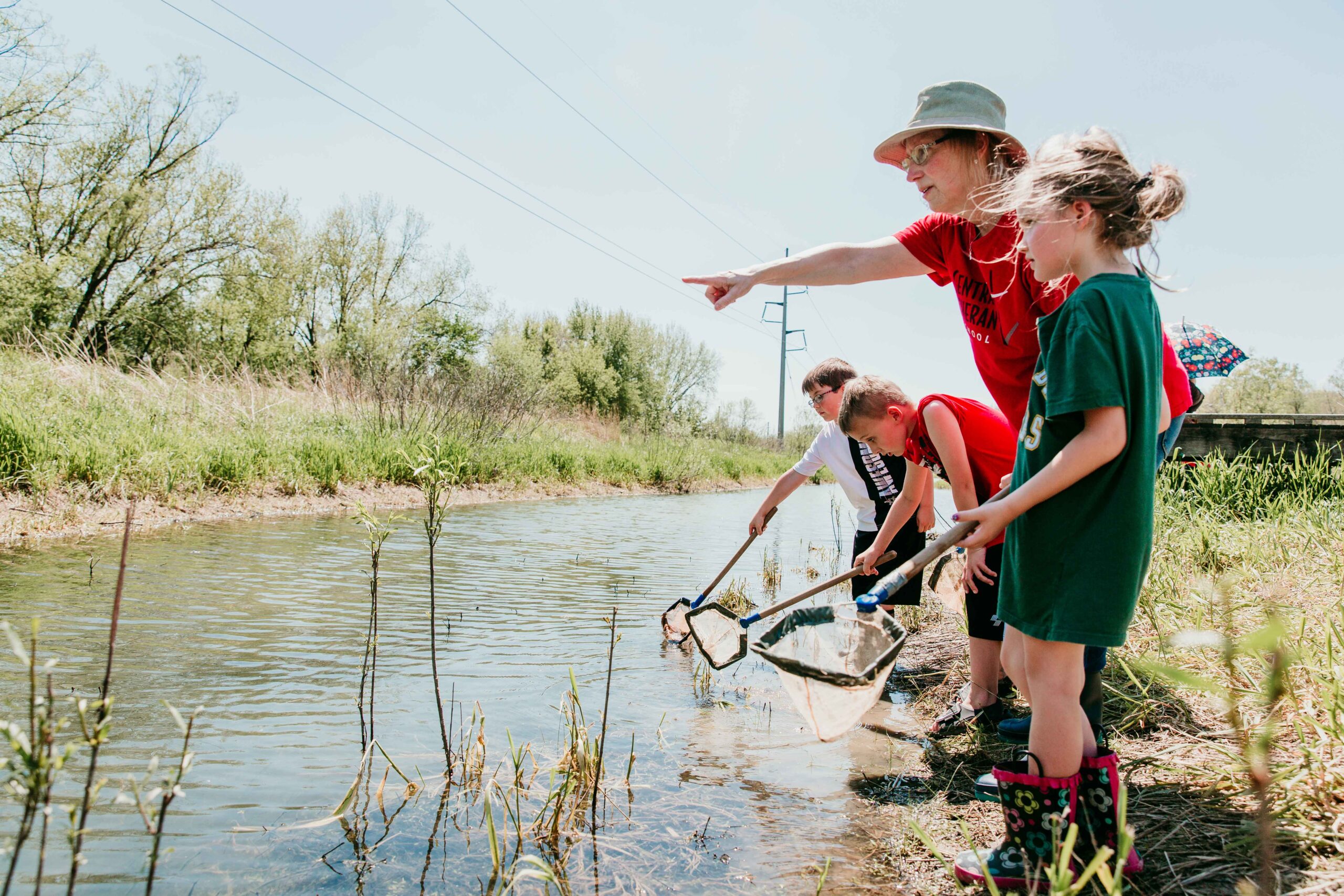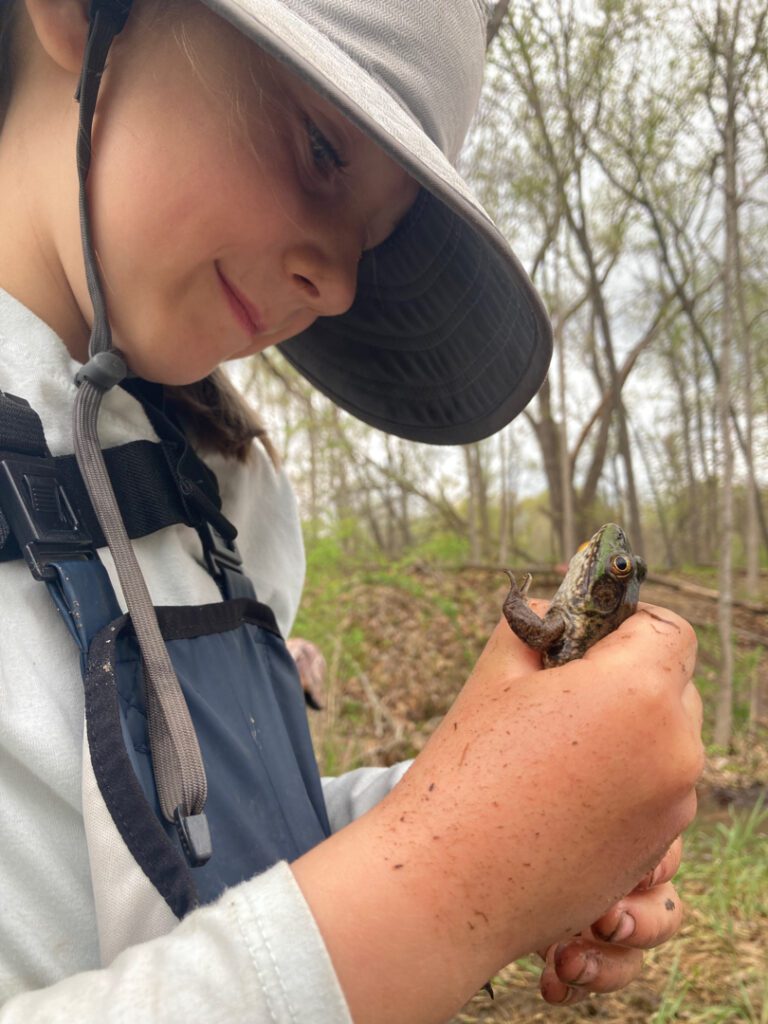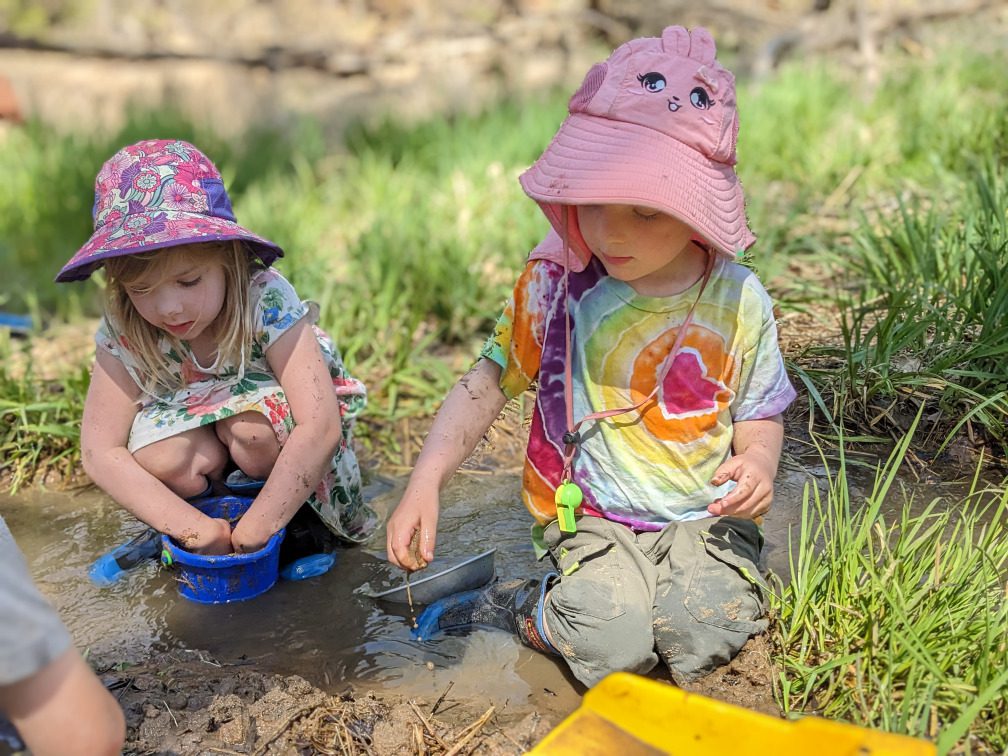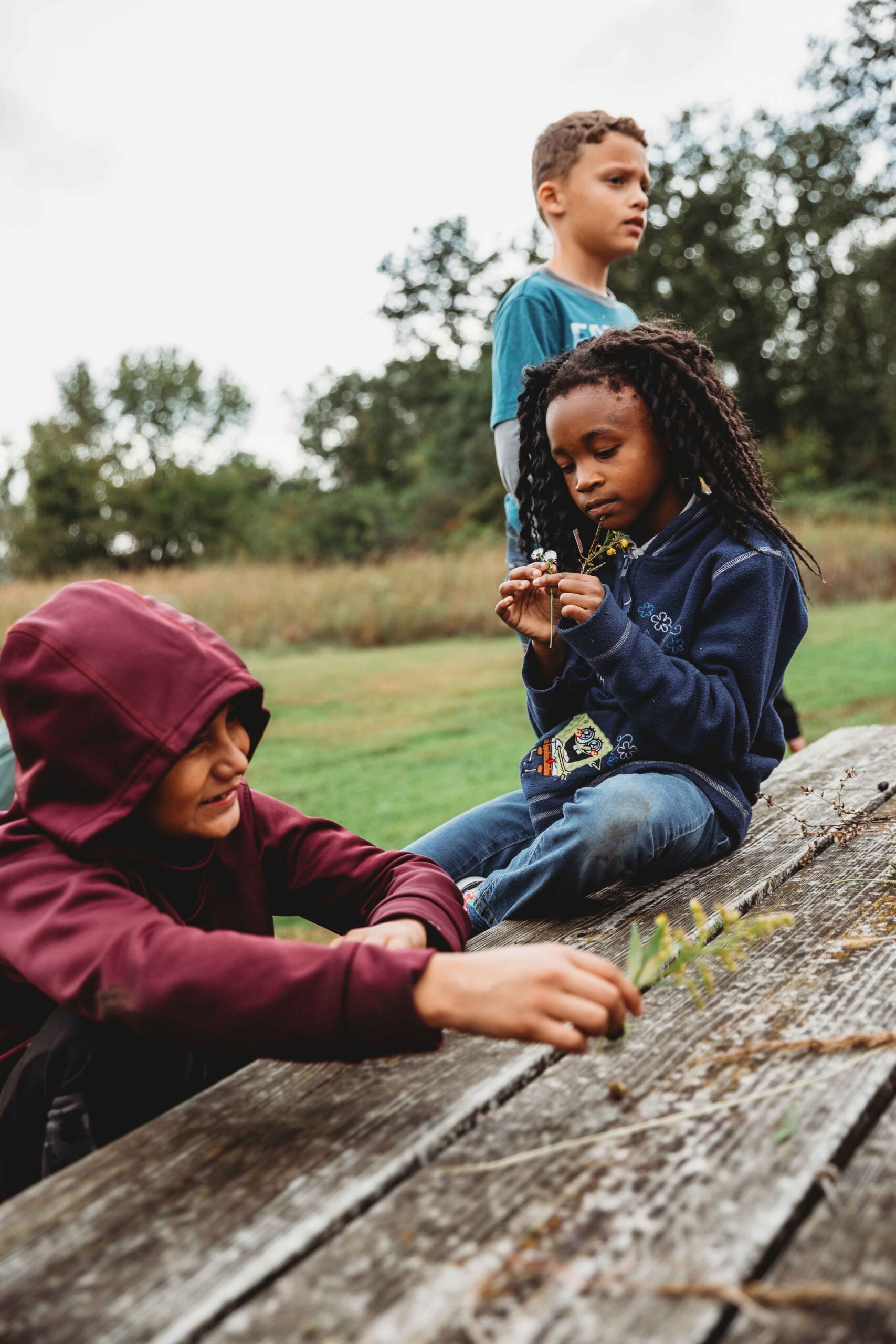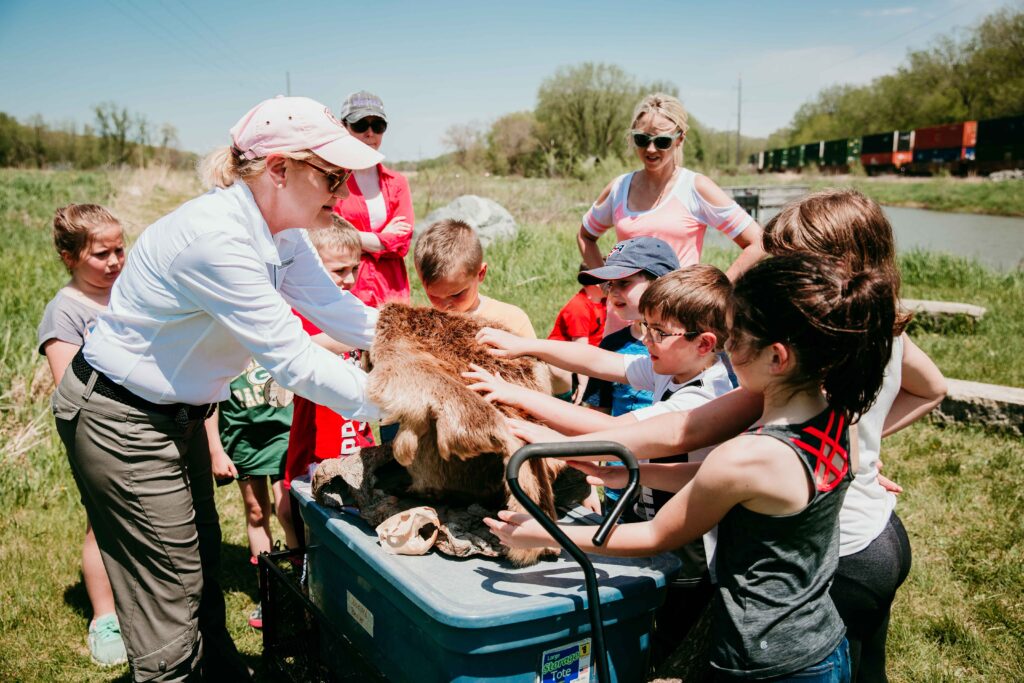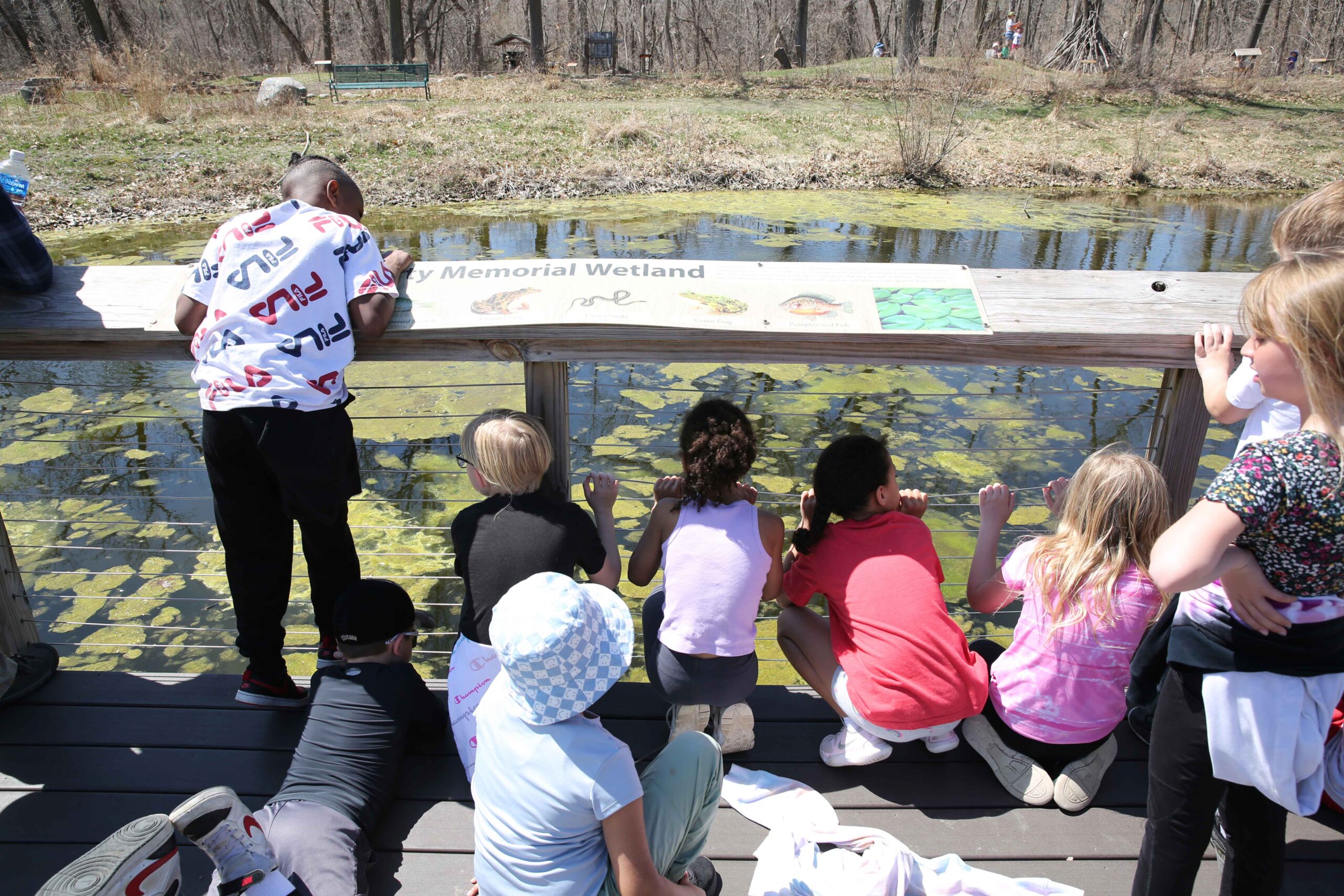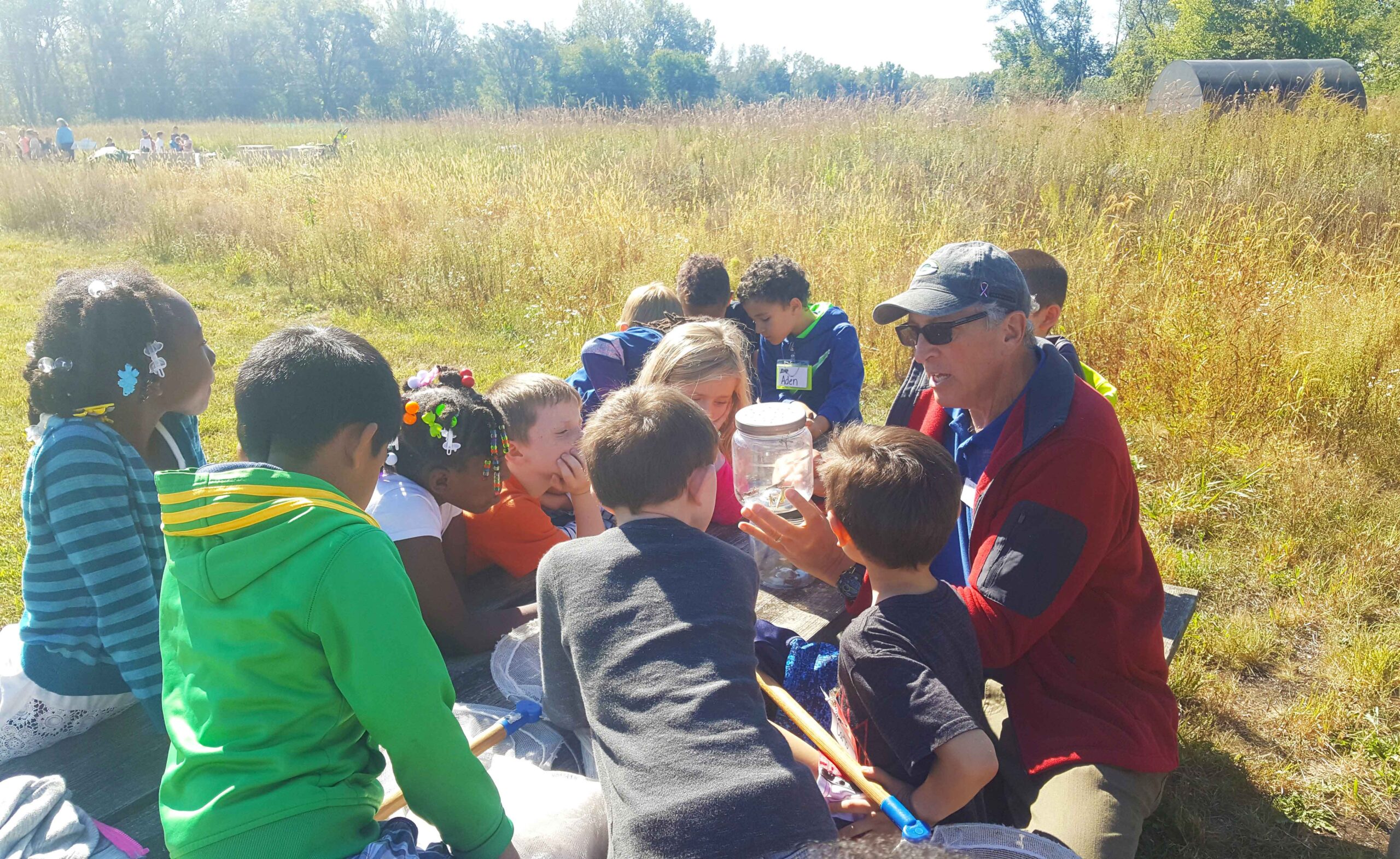On May 3, 1980, National Park Service Regional Director J. L. Dunning declared Indian Creek Nature Center a National Environmental Study Area (NESA).
According to Dr. Richard (“Dick”) Schulz, who was president of ICNC’s board of directors at that time, the Nature Center was only the second NESA in Iowa – the only other one was the State Conservation Education Center in Springbrook State Park (in Guthrie County). Dr. Schulz was vice superintendent of curriculum for elementary schools in the Cedar Rapids Community School District and helped guide curriculum development for 5th grade students taking field trips to ICNC.
National Environmental Study Areas (NESAs) provide a different kind of environmental learning experience that makes imaginative use of both the cultural and natural worlds, as they combine to make up the study areas.
An excerpt from the letter sent by National Park Service Director William Whalen to ICNC Director Rich Patterson, announcing NESA designation for Indian Creek Nature Center:
The stated goal of the NESA program (from a 1971 publication) is “a personal environmental ethic, based on an understanding of the earth’s life support systems and how they work.” Achieving this goal requires instilling in individuals environmental literacy — understanding that they are “an inseparable part of a system composed of people, culture and the natural environment.”
Under the environmental literacy umbrella, the NESA program strives for individuals who:
- Accept that human activities alter the interrelationships of this system.
- Grasp the implications of humans’ ability to consciously affect the environment, both positively and negatively.
- Possess knowledge of the problems confronting humans and of positive actions they can take toward solving those problems.
- While becoming environmentally literate, also develop a personal environmental ethic, which includes making positive lifestyle and attitude changes, assuming responsibility for the condition of their environment, and finding the motivation to do something about it.
Individuals who achieve environmental literacy must realize that they, themselves, are “as much a part of the natural world — as subject to its laws — as are the trees, the mountains and the seas. A NESA can be the doorway to that realization.”
Indian Creek Nature Center’s NESA designation, while received more than 40 years ago, is just as relevant to the organization’s mission today as it was then. Our land base, which features prairie, woodlands and wetlands, provides the foundation for rich field trip offerings for students from preschool through high school, on a wide range of subjects from honeybees to weather to service learning experiences. And there’s so much more, beyond field trips, that happens on ICNC’s National Environmental Study Area: outdoor research by college faculty and students; nature immersion with our own Creekside Forest School preschoolers and Fresh Air Academy; public programs such as tree ID hikes; and the list goes on. The Nature Center’s NESA is indeed the doorway for deeper, more meaningful human-nature connections.

